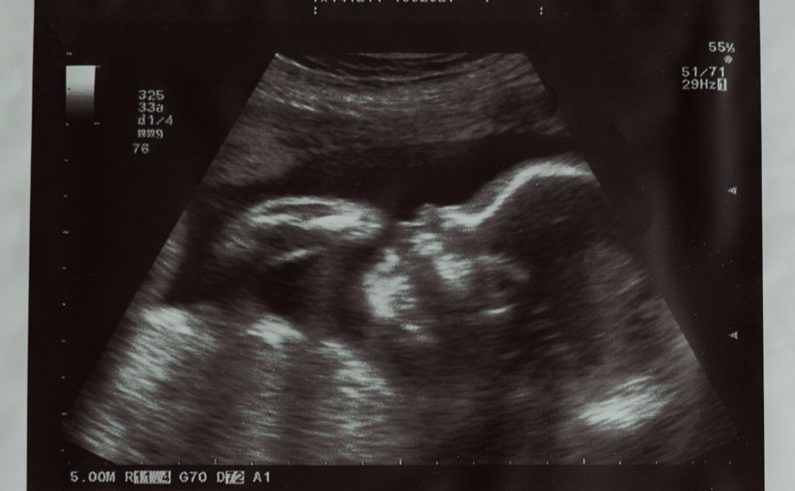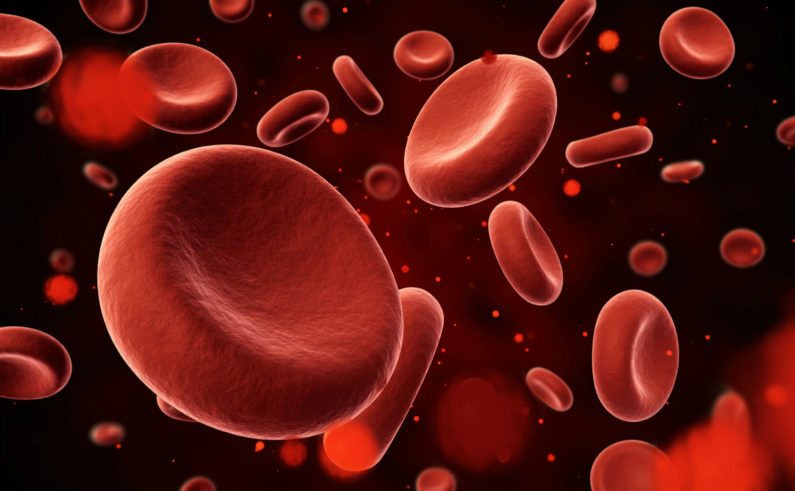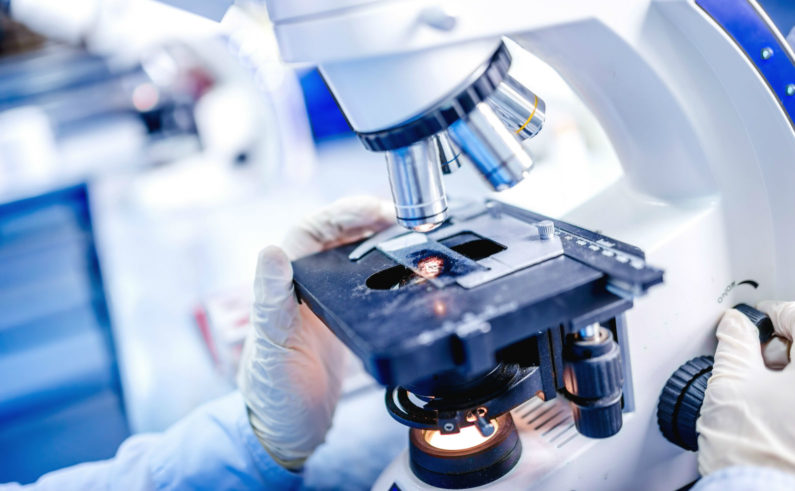Cerebral palsy, normally caused by brain damage or abnormal brain development, is a disorder that affects motor function, balance, and more. Currently there is no cure for cerebral palsy, however, in a study from Duke University Medical Center children who were diagnosed with cerebral palsy showed significant improvements in both brain connectivity and motor function …
Continue Reading









